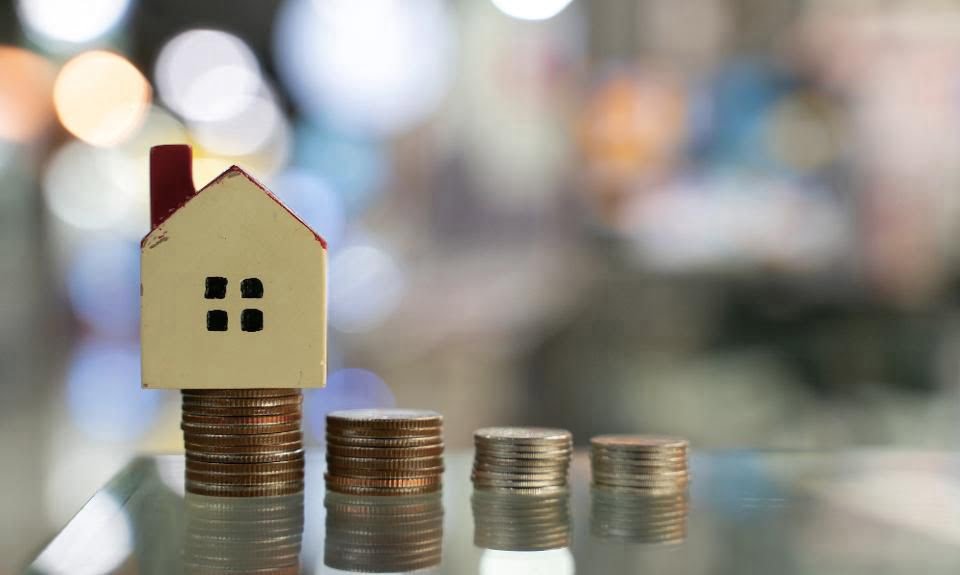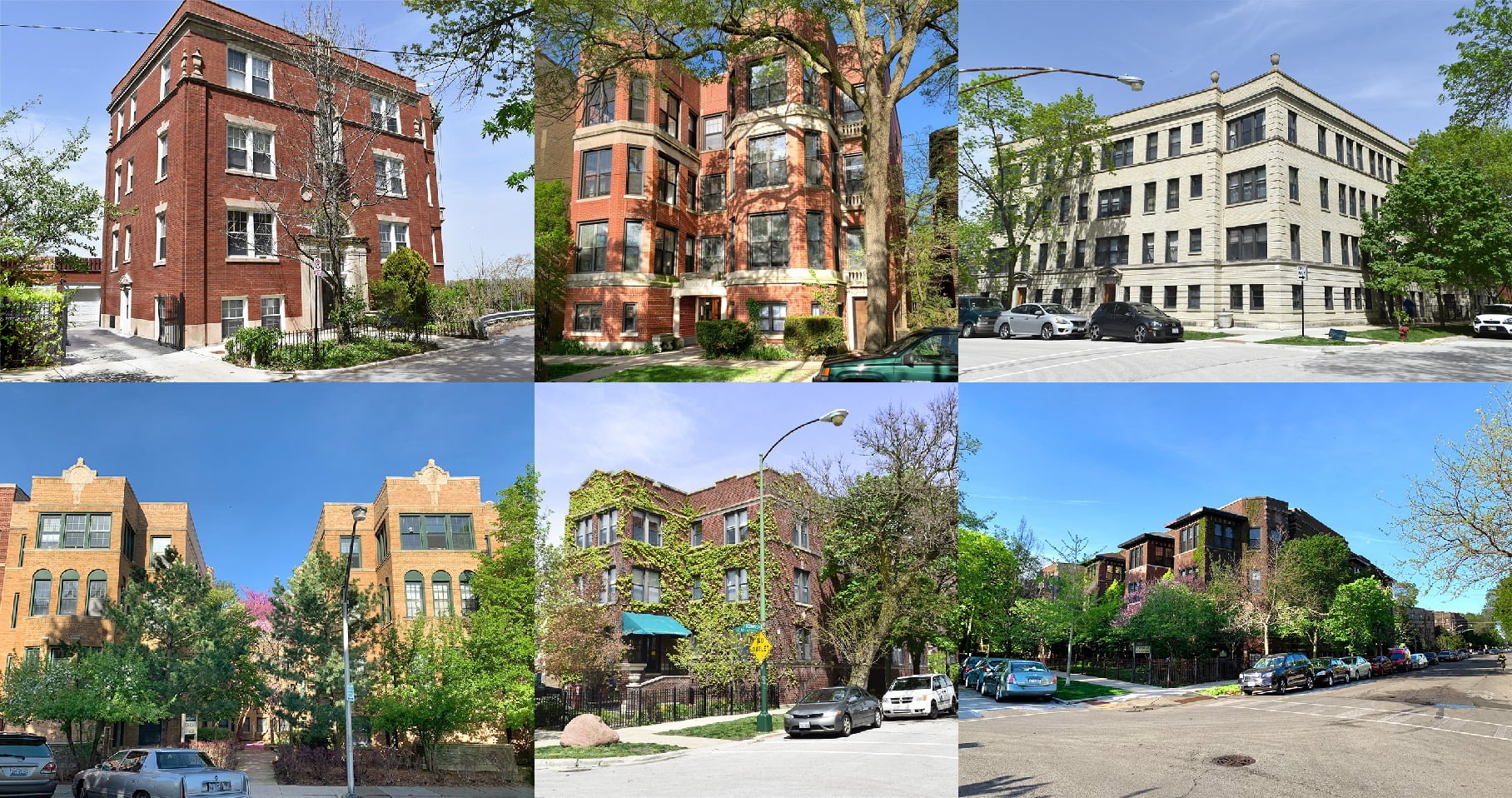10.02.19
Forbes: Which Is The Better Investment Rental Property: A Single-Family Home Or Apartment Building?

By Lee Kiser
Investing in residential rental real estate is a great way to build wealth and diversify your portfolio. If you’re ready to plunge into rental property investing, should you buy a single-family home or an apartment building? There are four key points you should consider to assess which is the better investment: vacancy, management, maintenance and capital.
Vacancy
Vacancy impacts the income potential of both a single-family home and apartment investment; however, the economic impact of a vacancy in a single-family home is much greater. Vacancy in a home is black and white: You either have a tenant or you don’t. If your investment property goes three months vacant, then 25% of your annual revenue has disappeared.
By comparison, if a tenant leaves a unit in a three-flat and it stays vacant for three months, your annual revenue decreases by 6.25%. The more units the apartment investment has, the less detrimental impact a single vacancy has on the property’s income.
Management
An investor can self-manage or hire a property management company. If you’re hiring a company, the cost tends to be higher for a single-family home than an apartment building as a percentage of revenue but higher for an apartment building in actual dollars. The reason is economy of scale. Management dollars might be higher for an apartment building, but you have many more sources of revenue in a 20-unit building than a single home. The same logic applies for other services for the building.
Another concept to consider for management is adding investments. If you want to buy another single-family home, the increase in management expense in linear, meaning you’ll simply double the cost of management by adding another unit. Alternatively, the economies of scale come into play again for a third-party management company. These companies will usually discount the cost of additional buildings added to the portfolio they manage for you.
Maintenance And Repairs
The same concept of economy of scale that makes apartments preferable to single-family homes for vacancies and management also applies to maintenance and repairs. The best example is the roof. The roof of a 1,200-square-foot, one-story single-family home is exactly the same size as the roof of a three-story four-flat (one garden unit slightly below grade and three stories above that) with four 1,200-square-foot units. The roof costs exactly the same amount to repair or replace. The expense as a percentage of revenue is obviously lower for the apartment building. This is still the case if the home rents for twice as much as a unit in the four-flat. This concept applies to every maintenance and repair line item in your investment.
Capital For Purchasing
So far, apartments seem a far better investment than a single-family home. So, why would anyone buy a rental house instead of a rental building? The main reason is the capital required for purchasing. Two factors come into play: the total price of the investment and financing available. In most markets, the price of a single-family home is typically less than the price of an apartment building. The down payment for a single-family home can be as low as 5%, while an investor typically needs 20-25% of the purchase price for an apartment building.
Let’s compare a $250,000 single-family home investment to a $250,000 apartment investment. For a $250,000 home, you will most likely need less than $15,000 to purchase it. For a $250,000 apartment building, you will need approximately $50,000 to buy it.
Now consider that the more likely scenario is that in the same market where a home is worth $250,000, the average four-flat is probably worth at least $500,000. This means the investor needs $15,000 to buy a house versus $100,000 or more to buy a four-flat. The amount of capital required to make a purchase, more than anything else, usually determines why an investor buys a single-family home instead of an apartment building.
If your goal is to invest in residential rental property, don’t despair too much about this capital issue. Most new apartment investors raise money from other investors or friends and family looking to diversify their money for the purchase. By taking on investors, you give away a piece or multiple pieces of the pie, but it enables you to get started in the apartment business. Although most rental investors gravitate to single-family homes for capital reasons and the low barrier to entry, the return on investment for apartments is typically higher, even if you have given away most of the pie to your investors for the capital to purchase.
Residential rental property is a good investment because, after all, people will always need a place to live. Before taking the plunge, consider the four points above, and decide what is best for your returns and capital. Most votes go for apartment buildings instead of single-family homes.
